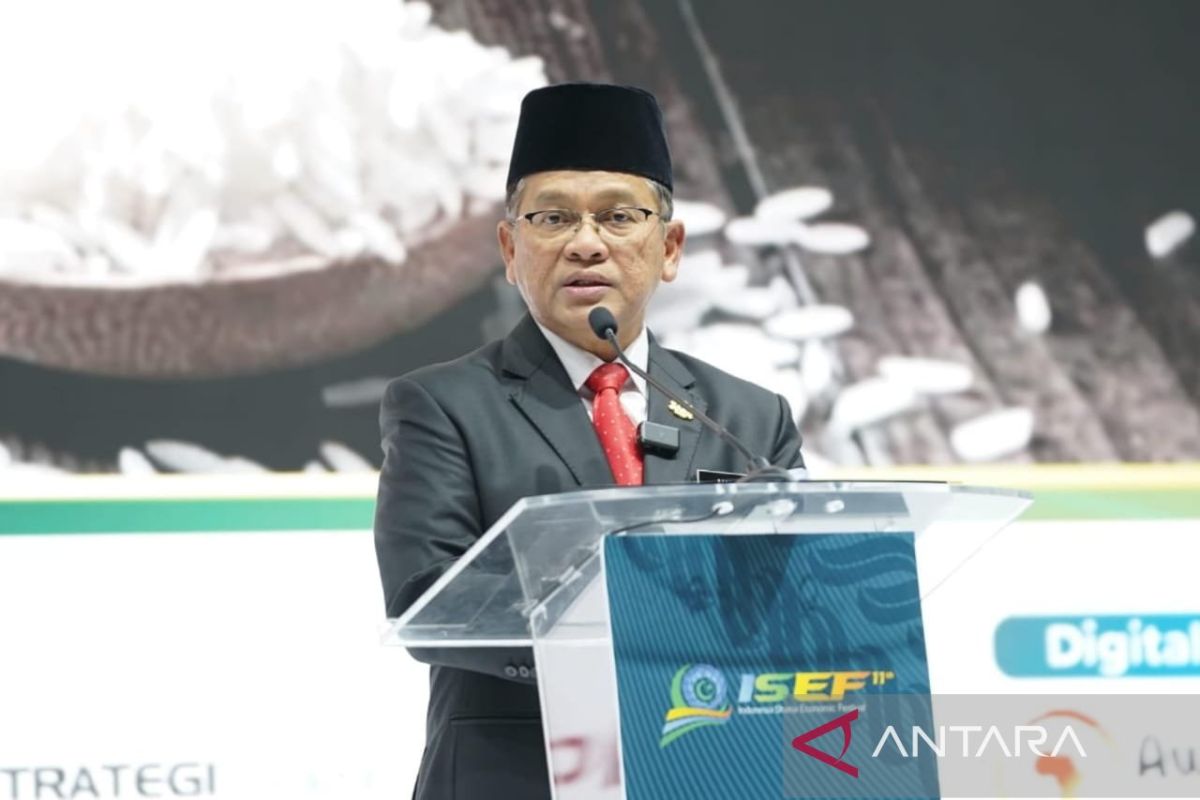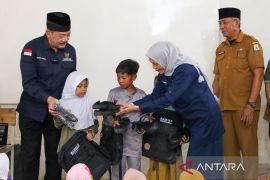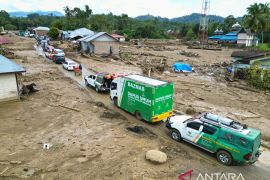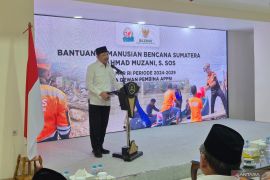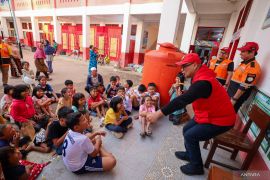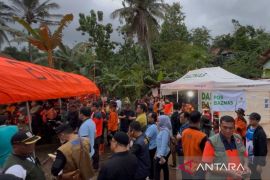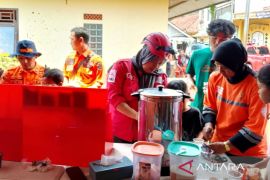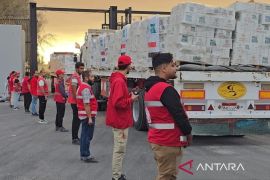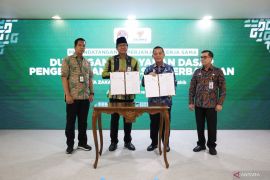"By collecting zakat (Islamic alms) digitally, Baznas is able to reach underserved communities, providing millions of people with basic needs, including in the health and education sectors," he noted, according to a statement received from the Baznas here on Monday.
Speaking at the World Zakat And Waqf Forum (WZWF) Annual Meeting and Conference 2024 in Jakarta on November 2, 2024, Mokhtar underscored that Baznas has demonstrated that technology-powered collection and distribution of zakat can help countries address economic disparity among citizens.
"Zakat, which finds its intrinsic purpose of distributing wealth, wields the power to deal with this injustice (disparity), reaching the marginalized and neglected," he said.
He further highlighted that zakat is instrumental in alleviating poverty, stimulating economic activities, and forging social cohesiveness.
"Let us imagine a world, where every economically capable individual is willing to fulfill their obligation to pay zakat, ultimately supporting the fulfillment of the basic needs of those in need. This dream is within reach and must be fought for relentlessly," he added.
Earlier on November 1, Baznas head Noor Achmad revealed that the agency has successfully achieved its target to collect Rp1 trillion (US$63.4 million) this year, higher than last year's target of Rp882 billion.
Baznas deputy for collection, Rizaludin Kurniawan, attributed this to several strategies applied by the philanthropic agency, including building people's literacy regarding zakat, optimizing the performance of fundraisers, and digitizing the management of zakat.
"Baznas is also polishing its image to enhance people's trust in it as a professional zakat management institution," he said.
Related news: Baznas optimizes alms potential to support Golden Indonesia vision
Related news: Baznas partners with private party to help small businesses
Translator: Sean F, Tegar Nurfitra
Editor: Azis Kurmala
Copyright © ANTARA 2024
